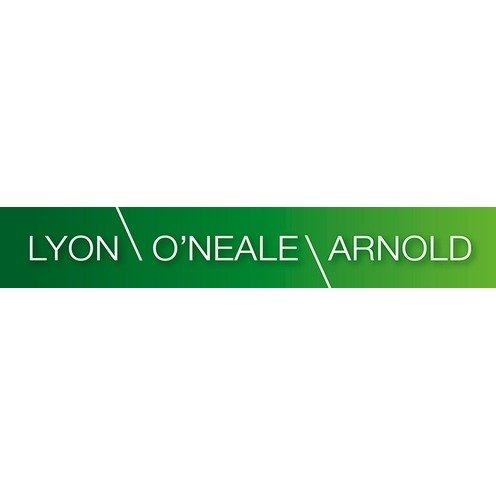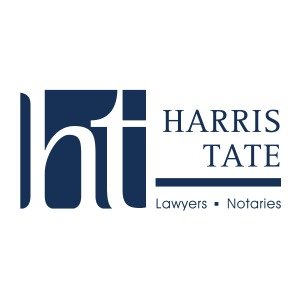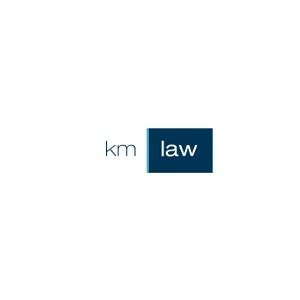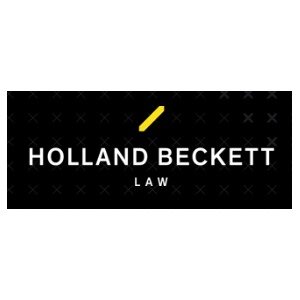Best Nonprofit & Charitable Organizations Lawyers in Tauranga
Share your needs with us, get contacted by law firms.
Free. Takes 2 min.
List of the best lawyers in Tauranga, New Zealand
About Nonprofit & Charitable Organizations Law in Tauranga, New Zealand
The nonprofit and charitable sector in Tauranga, New Zealand, plays a critical role in supporting various social, cultural, environmental, and economic causes. This sector includes a diverse range of organizations, from small volunteer-run groups to large charitable trusts and incorporated societies. The governance and legal framework for these organizations is designed to ensure transparency, accountability, and effective operation. Nonprofit entities often focus on delivering services that enhance community well-being, address social issues, and contribute to the public good without seeking profit.
Why You May Need a Lawyer
Legal advice is crucial for nonprofit and charitable organizations for several reasons. Firstly, establishing a new nonprofit entity requires understanding the legal requirements and processes involved, such as registration and compliance with the Charities Act 2005. Secondly, ongoing compliance with tax obligations, annual reporting, and other statutory requirements often necessitate professional legal guidance. Additionally, nonprofits may face legal issues related to governance, employment, contract negotiations, or addressing potential disputes with stakeholders. Lawyers specializing in nonprofit law can offer valuable expertise in navigating these complexities and ensuring that organizations operate within legal frameworks responsibly and efficiently.
Local Laws Overview
Tauranga, like the rest of New Zealand, mandates specific legal statutes governing nonprofit and charitable organizations. Key legislative frameworks include the Charities Act 2005, which outlines the criteria for registration and regulation of charitable entities, and the Incorporated Societies Act 1908, which provides guidance for societies looking to incorporate. These laws establish requirements for governance, financial transparency, and accountability. Additionally, the Inland Revenue Department oversees tax exemptions specific to charitable organizations. Nonprofits must also adhere to employment laws, health and safety regulations, and privacy laws applicable within the region.
Frequently Asked Questions
What are the steps to start a nonprofit in Tauranga?
Starting a nonprofit involves selecting a legal structure, such as an incorporated society or charitable trust, creating a governing document, registering with relevant authorities, and applying for charity status if applicable.
Do all nonprofits need to register as charities?
No, only organizations that want the official charity status and the benefits that come with it, such as tax exemptions, need to register under the Charities Act 2005.
What are the reporting requirements for charities?
Registered charities must submit an annual return, financial statements, and other associated documents to Charities Services to maintain compliance with the Charities Act 2005.
Are there any tax benefits for nonprofits in Tauranga?
Yes, registered charities and certain other nonprofit organizations can access tax benefits, including income tax exemptions, but these require meeting specific criteria set by the Inland Revenue Department.
How can I manage risks associated with running a nonprofit?
Effective risk management involves ensuring solid governance, robust financial controls, comprehensive policies, and ongoing compliance with local laws and regulations.
What happens if a nonprofit fails to comply with legal obligations?
Failure to comply could lead to penalties, loss of charitable status, financial audits, or even dissolution of the organization by regulatory bodies.
How can nonprofits ensure good governance?
Good governance is promoted by appointing a competent and diverse board, conducting regular meetings, maintaining transparency, and fulfilling fiduciary responsibilities diligently.
Can a nonprofit engage in commercial activities?
Yes, but the primary purpose of any commercial activity must further the organization's charitable objectives, and profits generally need to be reinvested into the organization itself.
What are the obligations of board members in a nonprofit?
Board members are responsible for overseeing the organization’s activities, ensuring financial accountability, managing risks, and upholding the mission and values of the organization.
Where can I find legal aid for nonprofits in Tauranga?
Legal aid can be sought from law firms specializing in nonprofit law or from community law centers that provide pro bono services or advice to eligible organizations.
Additional Resources
The following resources can be immensely helpful for those seeking legal advice related to nonprofit and charitable organizations in Tauranga:
- Charities Services: The government agency overseeing charity regulation and compliance.
- The Inland Revenue Department: For guidance on tax obligations and exemptions.
- Community Law Centres: Offering legal advice and support to community groups and nonprofit organizations.
- Tauranga City Council: Provides local support and information for community organizations.
- Nonprofit New Zealand: A national body offering resources and advocacy for charitable organizations.
Next Steps
If you need legal assistance for your nonprofit or charitable organization in Tauranga, consider the following steps:
- Identify the specific legal issues or questions you have regarding your organization.
- Research and contact legal professionals or law firms specializing in nonprofit law in your area.
- Consult with legal advisors or seek guidance from local nonprofit networks or associations.
- Utilize available resources and informational guides from reputable government and nonprofit websites.
- Consider attending workshops or seminars on relevant legal topics for nonprofits.
Taking proactive and informed steps will ensure that your organization can successfully navigate the legal landscape and continue to make a positive impact in the community.
Lawzana helps you find the best lawyers and law firms in Tauranga through a curated and pre-screened list of qualified legal professionals. Our platform offers rankings and detailed profiles of attorneys and law firms, allowing you to compare based on practice areas, including Nonprofit & Charitable Organizations, experience, and client feedback.
Each profile includes a description of the firm's areas of practice, client reviews, team members and partners, year of establishment, spoken languages, office locations, contact information, social media presence, and any published articles or resources. Most firms on our platform speak English and are experienced in both local and international legal matters.
Get a quote from top-rated law firms in Tauranga, New Zealand — quickly, securely, and without unnecessary hassle.
Disclaimer:
The information provided on this page is for general informational purposes only and does not constitute legal advice. While we strive to ensure the accuracy and relevance of the content, legal information may change over time, and interpretations of the law can vary. You should always consult with a qualified legal professional for advice specific to your situation.
We disclaim all liability for actions taken or not taken based on the content of this page. If you believe any information is incorrect or outdated, please contact us, and we will review and update it where appropriate.

















